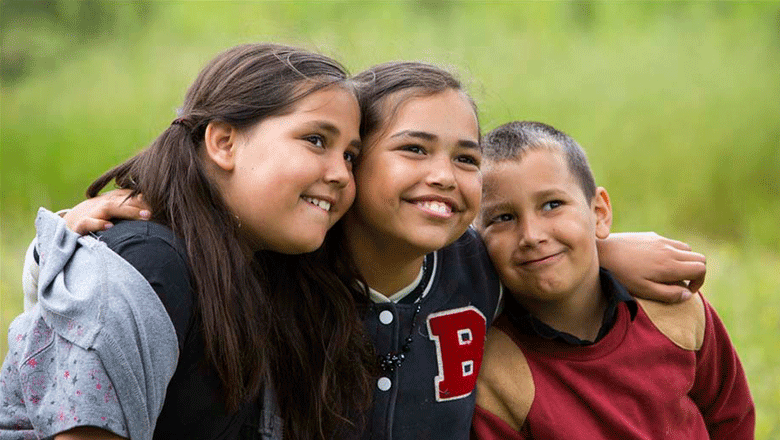Search
Showing results for "Au"
Research
Estimation of the force of infection and infectious period of skin sores in remote Australian communities using interval-censored dataPrevalence of impetigo (skin sores) remains high in remote Australian Aboriginal communities, Fiji, and other areas of socio-economic disadvantage. Skin sore infections, driven primarily in these settings by Group A Streptococcus (GAS) contribute substantially to the disease burden in these areas. Despite this, estimates for the force of infection, infectious period and basic reproductive ratio-all necessary for the construction of dynamic transmission models-have not been obtained.
Research
Lifecourse childhood adiposity trajectories associated with adolescent insulin resistanceIn light of the obesity epidemic, we aimed to characterize novel childhood adiposity trajectories from birth to age 14 years and to determine their relation...

News & Events
New project offers hope for reductions in Indigenous suicideThe National Aboriginal and Torres Strait Islander Leadership in Mental Health welcomes funding by the Australian Government
Research
Integrated analysis of miRNA and mRNA expression in childhood MedulloblastomaMedulloblastoma (MB) is the most common malignant brain tumor in children and a leading cause of cancer-related mortality and morbidity.
Research
Modern and traditional diets for Noongar infantsBreast- & bottle-feeding patterns & the introduction of solid feeds & sugar containing drinks to the dietary intake of a cohort of urban Aboriginal infants
Research
Working towards a Group A Streptococcal vaccine: Report of a collaborative Trans-Tasman workshopThis paper is a report on progress towards a joint Australian and New Zealand vaccination program for Group A Streptococcus bacteria, which causes serious...
Research
Pandemic clinical case definitions are non-specificDuring the early phases of the 2009 pandemic, subjects with influenza-like illness only had laboratory testing specific for the new A(H1N1)pdm09 virus.
Research
Higher maternal protectiveness is associated with higher odds of child overweight and obesity: A longitudinal Australian studyUsing data from the Longitudinal Study of Australian Children, this study aimed to examine the longitudinal relationships between maternal protectiveness and...
Research
Invasive Staphylococcus aureus Infections in Children in Tropical Northern AustraliaWe conducted a retrospective review for all cases of S aureus bacteremia and sterile site infections, for children under 15 years, in northern Australia over...
Research
World Allergy Organization-McMaster University Guidelines for Allergic Disease Prevention (GLAD-P): ProbioticsPrevalence of allergic diseases in infants, whose parents and siblings do not have allergy, is approximately 10% and reaches 20-30% in those with an allergic...
